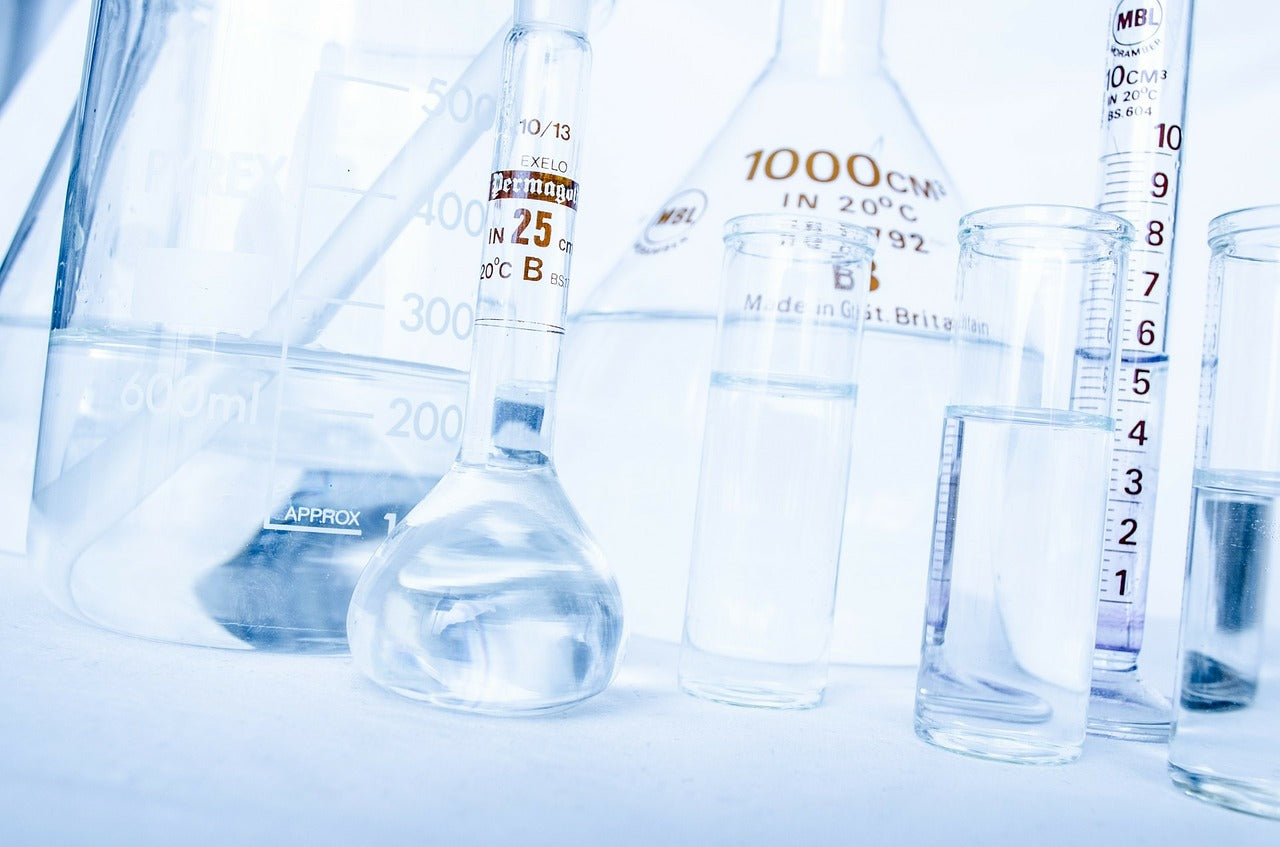
Analyzing Aspartame
Aspartame is a notorious artificial sweetener. Some claim that it is an ungodly poison that defiles the body and soul of its partaker. Others claim that regular aspartame consumption culminates in various diseases, from Alzheimer’s disease to Parkinson’s disease to leukemia. There is little evidence to support such claims, but their prevalence illustrates both the power of sensationalism and the credulity of the uneducated.
Let’s look at the history of aspartame. Aspartame—also known by technical names like "N-L-alpha-Aspartyl-L-phenylalanine 1-methyl ester" and more pronounceable brand names like Equal™ and NutraSweet™—was discovered in 1965 by chemist James Schlatter. It was approved by the FDA for use in food products in 1981. It can be found in numerous carbonated beverages, snack foods, yogurts, sweets, medicines, and other products. Aspartame is even an ingredient in the chewing gum that the present writer has at his desk.
Aspartame metabolizes in the body into three components: aspartic acid, phenylalanine, and methanol. Aspartic acid is a non-essential amino acid (meaning that our bodies produce it naturally) that is responsible for DNA synthesis and other important functions. Phenylalanine is an essential amino acid that helps synthesize tyrosine and several neurotransmitters. People whose bodies cannot process phenylalanine have a condition known as phenylketonuria (PKU).
The Federal Drug Administration (FDA) requires that products containing phenylalanine carry a warning label for people with PKU, which label usually reads something like "Phenylketonurics: Contains phenylalanine." But phenylalanine is virtually harmless to those who don't have PKU. Methanol is admittedly toxic in large doses, but the amount of methanol derived from aspartame is virtually negligible, and our livers metabolize it so that it can be expelled from our bodies.
Over two hundred studies have been conducted to confirm the safety of aspartame, and virtually every one of them has shown no link between aspartame consumption and an increased risk for certain diseases and conditions, and those experiments that do seem to indicate such a link have been widely criticized for their faulty designs. The toxicity of aspartame is a health scare perpetuated by the ignorant.
Many food and beverage manufacturers are now using alternative sweeteners in their products to maintain a semblance of health-consciousness and cater to consumers who believe in the aspartame scare. But if you still object to consuming aspartame as a matter of stubbornness, belief perseverance, or legitimate gustatory aversion, rest assured that no Liquid Health product has ever contained it.
If you are looking for more information or you are interested in carrying or purchasing our products, please do not hesitate to call us at 800.995.6607 or send us an e-mail at customerservice@liquidhealth.us.
Sources:
http://www.webmd.com/food-recipes/news/20131211/aspartame-sweetener-deemed-safe
http://www.drugs.com/inactive/aspartame-191.html
http://www.efsa.europa.eu/en/topics/topic/aspartame.htm
http://www.ncbi.nlm.nih.gov/pubmed/12180494
http://www.aspartame.org/
http://www.cancer.org/cancer/cancercauses/othercarcinogens/athome/aspartame
http://www.chm.bris.ac.uk/motm/aspartame/aspartameh.html
http://www.livestrong.com/article/389334-a-list-of-foods-containing-aspartame/
http://www.fda.gov/food/ingredientspackaginglabeling/foodadditivesingredients/ucm208580.htm


Leave a comment